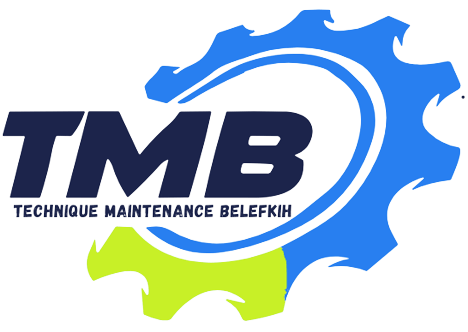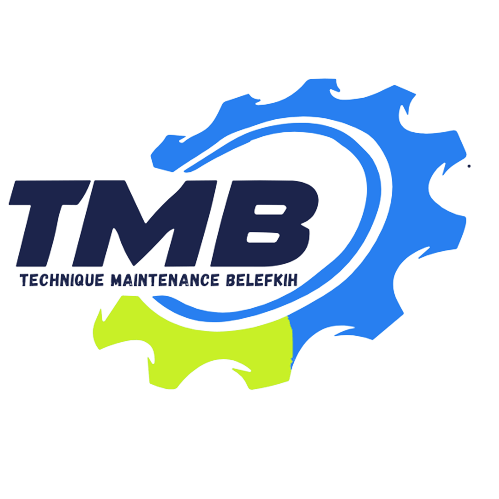After earning a degree, certifications, and gaining experience, you can qualify for DevOps engineering jobs. You’ll need a solid portfolio that demonstrates your technical skills and shows off your certifications and degrees when applying for DevOps engineering jobs. A DevOps engineer works to simplify the software development process. They bring together the requirements of development teams and IT operations teams to deploy code and manage applications. Azure DevOps is another well-known and widely used cloud platform. One of the key duties of a DevOps engineer is to set platforms and tools to implement the continuous integration, delivery, and deployment of code.
- They deliver several automated DevOps tools that allow useful additions to manage containers, and their availability.
- Becoming a proficient AWS DevOps Engineer begins with a solid understanding of the role’s responsibilities and objectives.
- Acquiring specific credentials like Agile Certified Practitioner certification is a push in the right direction.
- We have already discussed why it is essential to implement successful CD/CI pipelines.
- While Docker is a technology that automates the deployment of applications in containers, Kubernetes provides the technology to control how and where the containers deploy.
- One way to get some experience is by working with developers and seeing what they do.
Intermediate to advanced Linux skills
DevOps Engineers play a Linus-Torvalds-size role in establishing and maintaining the infrastructure that runs applications. Most often, the actual infrastructure (the hardware) is provided by a cloud vendor. The work of DevOps Engineers is to configure the rented infrastructure for efficient operations of applications.
- DevOps engineers also need to learn development and operations processes.
- Pick any one public cloud, preferably AWS, and learn about all its core infrastructure services.
- It aims to boost collaboration and streamline processes between these traditionally siloed teams.
- Embrace DevOps principles and methodologies by mastering a plethora of tools and practices essential for continuous integration, continuous delivery (CI/CD), and infrastructure as code (IaC).
- Are you curious about how to become a DevOps engineer in 2024?
This article outlines seven crucial steps to help you embark on a successful journey towards becoming a top-tier AWS DevOps Engineer in the UK. Modern applications are hosted in the cloud, with cloud services providing numerous benefits such as scalability and cost reduction. As a result, it’s vital to understand the various cloud services available as well as their design patterns and best practices. how to become a devops engineer On the other hand, there are service-based companies that hire engineers with certifications and tool knowledge based on their needs. For instance, if a company is seeking or trying to secure a DevOps project on AWS, they would look for people with AWS experience and certification.
So why not learn how to cut down on that learning time, improve your comprehension, and pick up skills faster and easier first? The time and energy savings will seriously compound as you go through the rest of the content you need to learn. The thing is, there are multiple different learning techniques that you can learn and use that make all of your future learning efforts far more effective. This means you can understand faster and more efficiently, so less back and forth. The average salary for a DevOps Engineer across those same listed jobs above is around $122,950 a year.
Develop Technical Proficiency
Once you know this, you can effectively interact with developers and have meaningful conversations. Nowadays, for DevOps interviews, every decent company has a preliminary scripting/coding round. DevSecOps is an augmentation of DevOps to allow for security practices to be integrated into the DevOps approach. The traditional centralized security team model must adopt a federated model allowing each delivery team the ability to factor in the correct security controls into their DevOps practices. In every organization, mission-critical applications are monitored 24/7 using monitoring dashboards.
If you’re already employed in a non-DevOps job, start working on some DevOps projects now, to build mastery and proof you have the skills. For legacy workloads you may automate the creation of a VM image. As such, you need to know how to build your own Docker images (Linux skills required!) and deploy them using Kubernetes. FaaS technology like AWS Lambda also uses container technology behind the scenes. DevOps engineers typically need at least a bachelor’s degree in computer science, computer engineering, or a related field. Some employers prefer professionals with a master’s degree, additional certifications, or more than five years of work experience in development.
Continuous Integration and Deployment for your IaC
A DevOps Engineer is the person responsible for helping to bridge the gap between software development and IT operations, so that projects get completed on time, and more efficiently. You can grasp the basics of DevOps in a month, but mastering it requires continuous learning and hands-on experience. With a degree, certification, and experience, seek DevOps engineer positions. Compile a strong portfolio highlighting technical skills, certifications, and degrees.
Unleashing Your Potential: The Ultimate Guide to AWS Services Training in the UK
You’ll need to know what resources are available, how they’re organized, and what properties they have. In DevOps, you’re not installing a server once and then logging in every now and then to perform a few admin tasks. You need to understand how to create highly customized Linux images from the ground up, both for VM and container use cases — unless you plan to become a Windows Server DevOps engineer. Sometimes, DevOps engineering means just “being that go-to employee” who can quickly and efficiently write code to address an engineering issue. In other words, in some organizations, DevOps is the indispensable IT employee who knows how to write effective code.
DevOps Engineers often work with databases as part of their responsibilities, such as managing infrastructure configurations, monitoring database performance, and troubleshooting issues. Mastering Bash scripting allows you to navigate file systems, manage processes, manipulate files, and execute system commands efficiently from the command line. As you go through the course, make sure to complete all the projects inside. It’s the best way to apply what you learn, and you can use them as examples of your skills later on when you are applying for work.
These credentials will enhance your credibility and open doors to exciting career opportunities. To remain competitive in the DevOps space, you need to use the latest architecture patterns. While many still rely on miniservices, microservices architecture is the way of the future. They allow to improve scalability, system resilience and maintainability, offer greater technology stack flexibility, and enable faster deployments. As more and more companies explore what it takes to implement DevOps practices, the need for highly qualified DevOps engineers has soared.
Leverage existing network connections and inquire about transitioning into DevOps positions. Though becoming a DevOps engineer takes persistence and passion, it’s not rocket science. Anyone with the drive (and a little time) can follow the DevOps career path, learn the necessary skills in five months, and get a DevOps job in one month. With the right skillset and job search strategy, you can be in your DevOps dream job very soon. DevOps is, by nature, an advanced position that requires highly skilled candidates.

